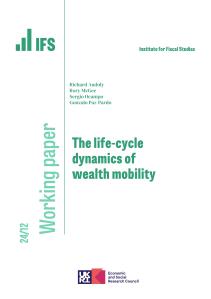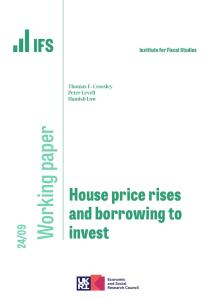A government designs anonymous income transfers between a continuum of citizens whose income valuation is privately known. When transfers are deterministic, the incentive constraints imply equal treatment independently of the government's taste for redistribution. We study whether random transfers may locally improve upon the egalitarian outcome. A suitable Taylor expansion offers an approximation of the utility function by a quasilinear function. The methodology developed by Myerson to deal with incentive constraints then yields a necessary and sufficient condition for the existence of a socially useful randomization. When this condition is met a large set of lotteries are locally improving. A special menu made of two lotteries only is of interest: all the agents with low risk aversion receive the same random transfer, financed by a deterministic tax paid by the high risk aversion agents.










